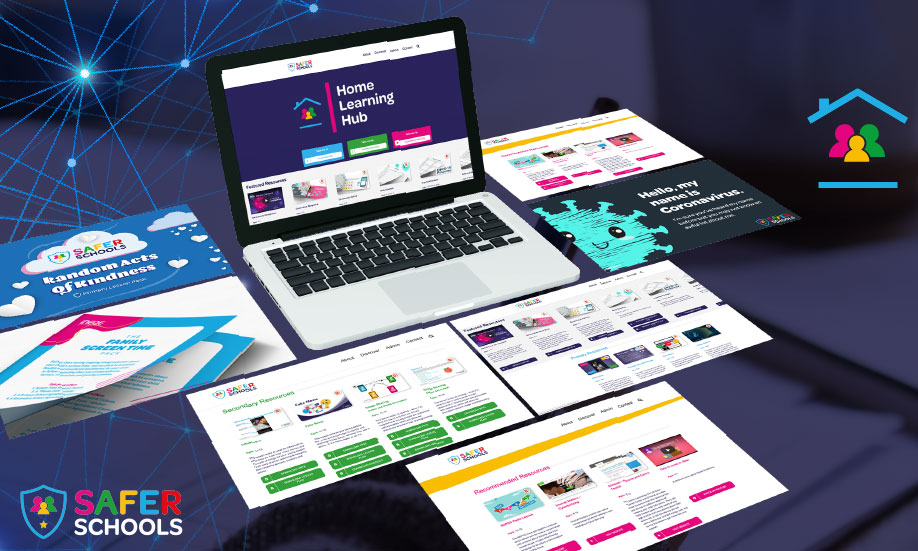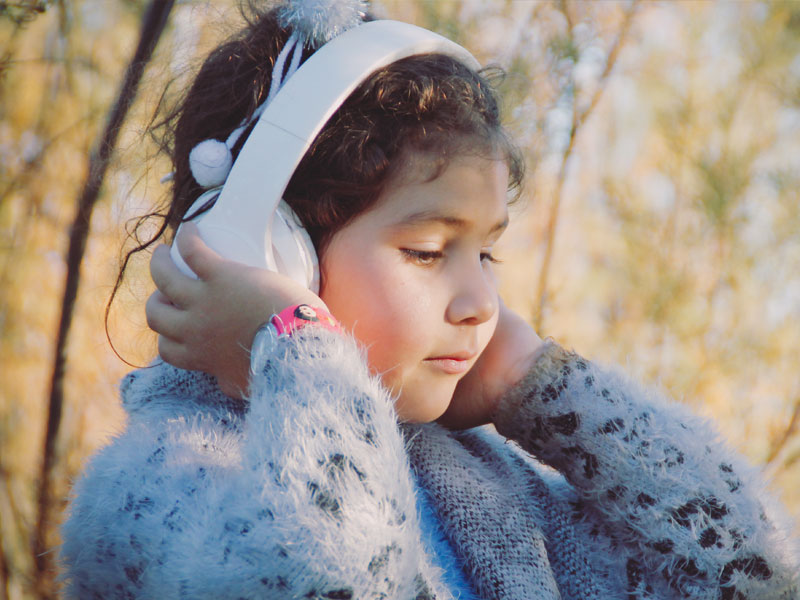A horror game character from ‘Poppy Playtime’ named Huggy Wuggy has been raising concerns amongst parents, police and safeguarding professionals.
Last year, we carried out an Online Safety Review on the game Poppy Playtime. Now, one of the most popular characters from the game, Huggy Wuggy, has reignited safeguarding concerns due to reports of online challenges and disturbing content featuring the character.
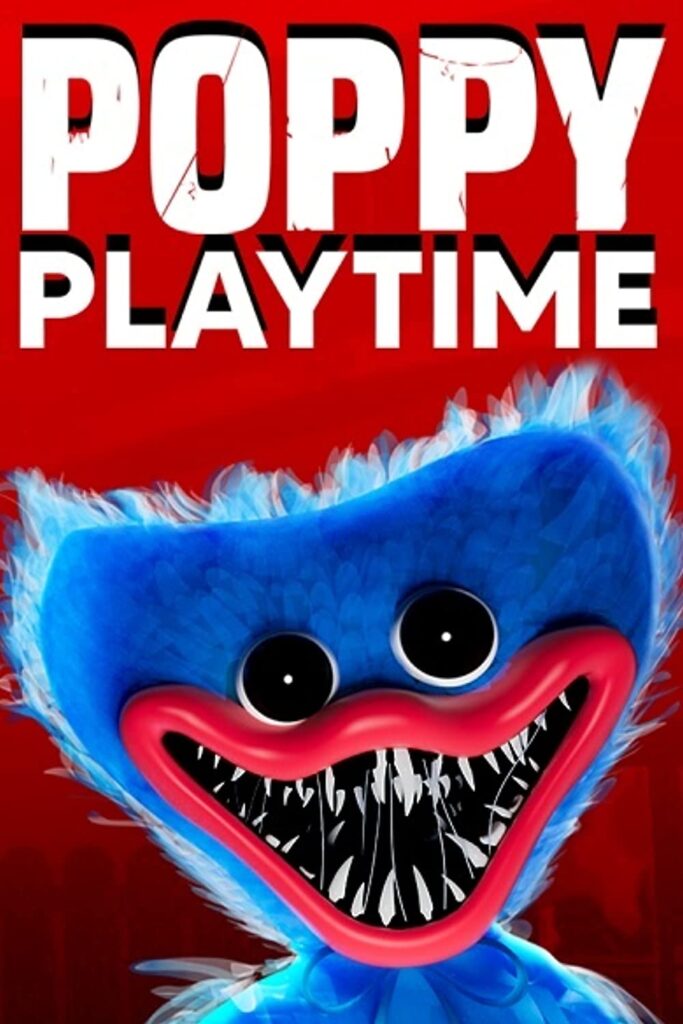
Huggy Wuggy Warnings
Although Poppy Playtime was released last year, there has been a recent surge in the creation of Huggy Wuggy-related content, alongside reported playground-style challenges based on the character.
The Dorset Police Cyber Protection Officer has recently released a statement, warning parents that children may be viewing graphic fan-made videos that are popping up on platforms such as YouTube and TikTok.
Some created videos feature songs alongside animation, designed to be upsetting and ‘creepy’. Others feature jump-scare animations. The videos appear across several popular platforms, in particular on TikTok and YouTube. The hashtag ‘huggywuggy’ has over 2.9B views on TikTok.
Police have also reported that some schools have seen children recreating scenes in the playground, hugging and whispering “nasty things” in the recipient’s ear. Our researcher’s found no further details on these reports at this time.
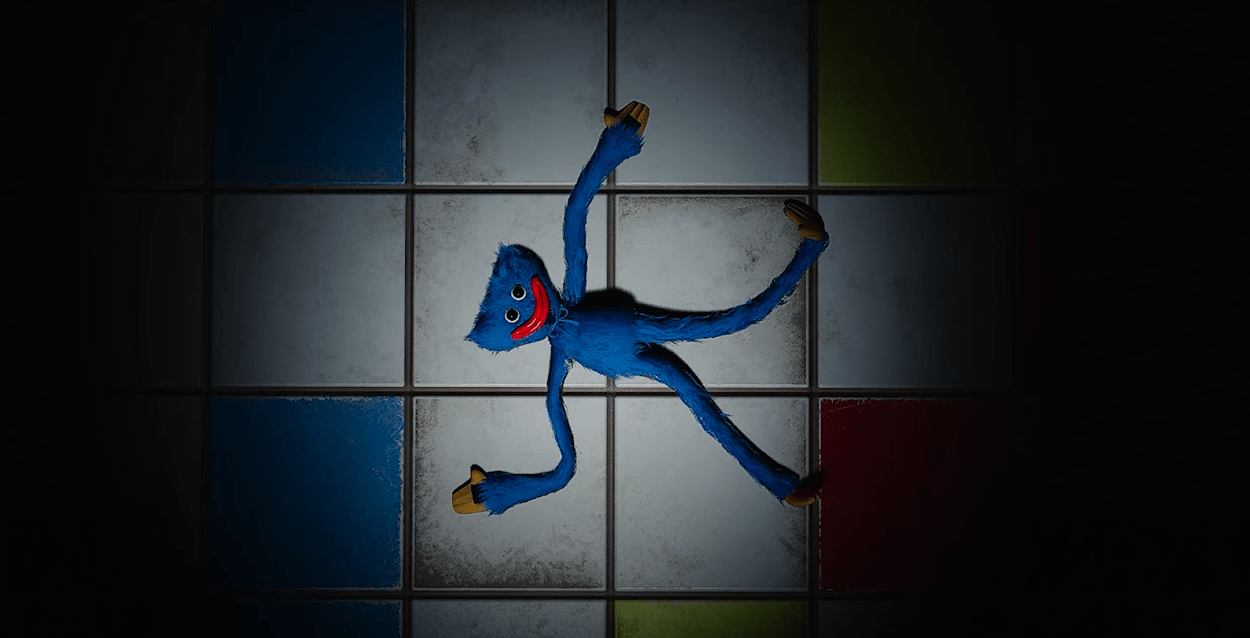
©MOB Games
New Game Release Expected
One potential reason for the recent increase in content and popularity may be that a second version of the game is rumoured to be getting released very soon. A new trailer has been released, alongside ‘teaser’ clips and many fan-made videos on YouTube discussing the potential changes.
Amongst the information that developers have released, is the addition of new characters, including Mommy Long Legs and Kissy Missy. Like Huggy Wuggy, these new characters have arguably ‘innocent’ names that may sound child-friendly but could be visually disturbing and upsetting for children.
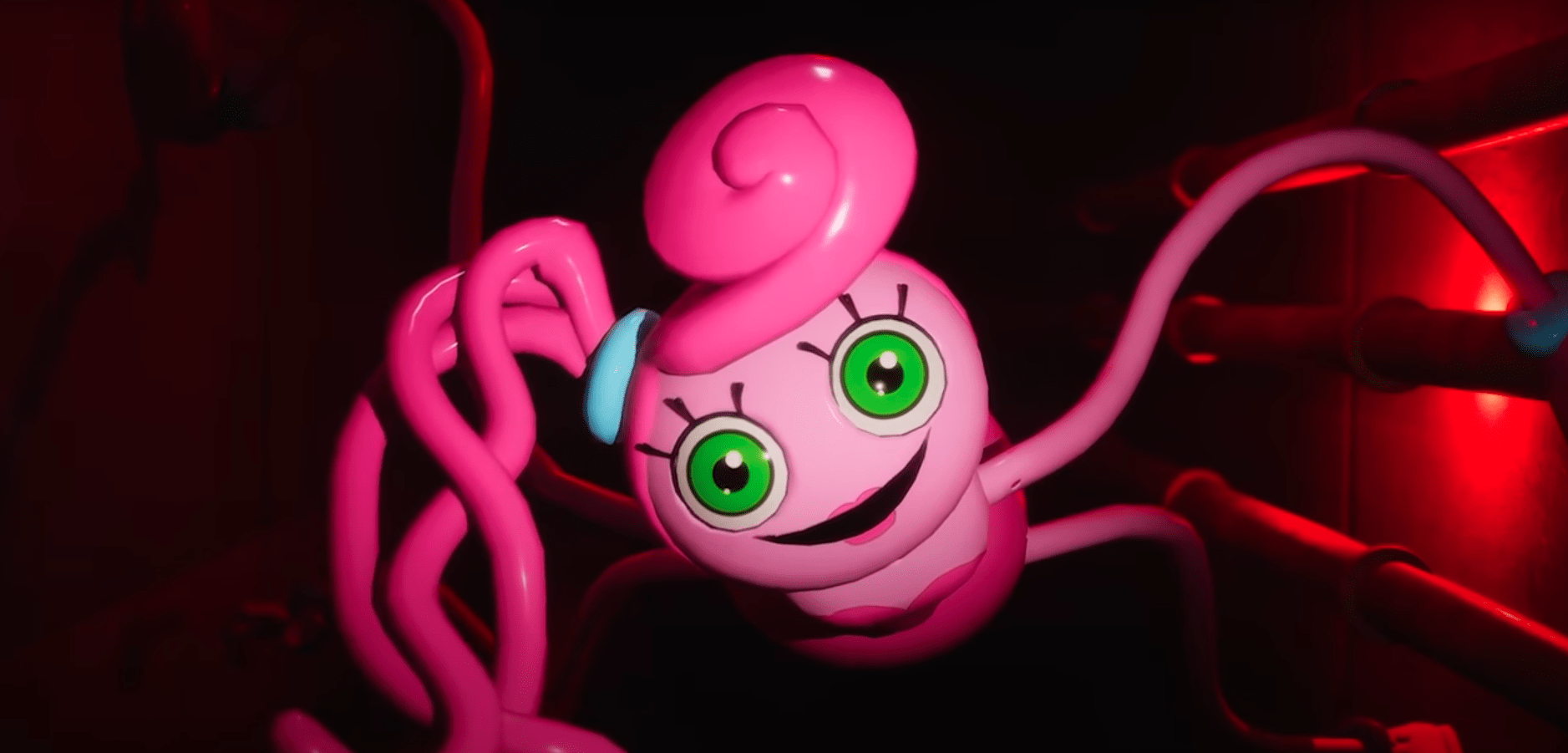
©MOB Games
What are the risks?
There are multiple risks that can arise from children and young people being exposed to frightening content before they are prepared.
Join our Online Safeguarding Hub Newsletter Network
Members of our network receive weekly updates on the trends, risks and threats to children and young people online.


